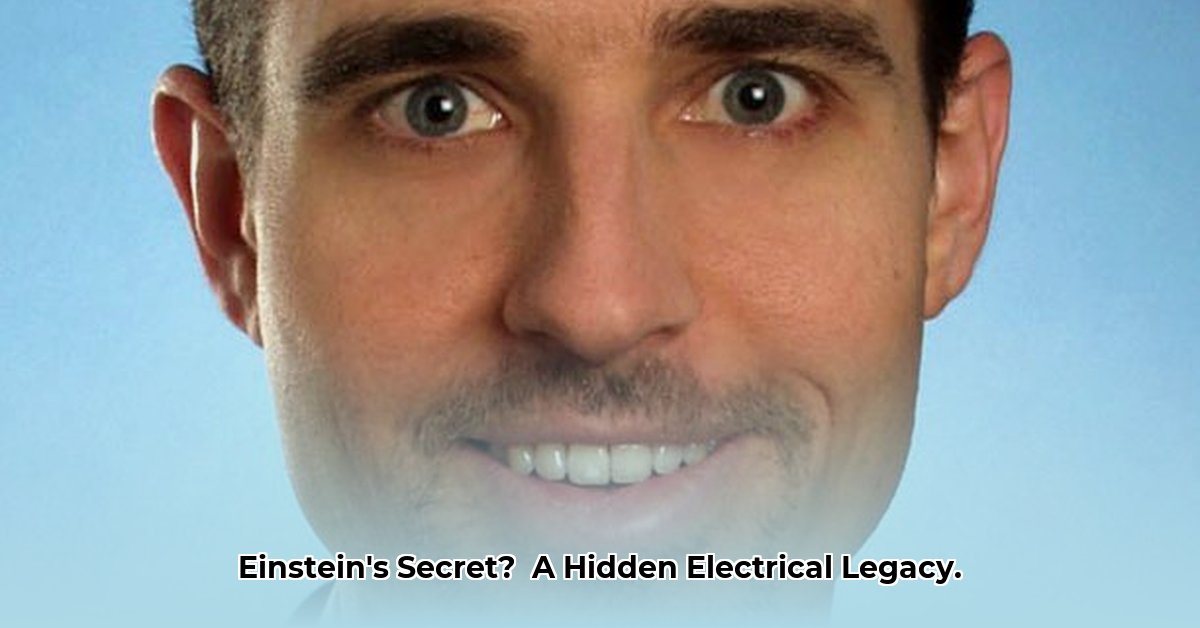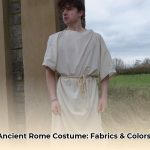Ever heard of Bernhard Caesar Einstein? Probably not. While his grandfather, Albert, is a household name, Bernhard carved out his own impressive path as an electrical engineer. This isn’t your typical scientific biography, though. We’ll explore Bernhard’s life, his inventions in electronics and laser technology (think night vision!), and how he tackled technical problems. We’ll examine his patents, revealing the ingenuity behind his work and its enduring influence. We’ll also delve into lesser-known aspects of this intriguing figure, offering a fresh perspective on a remarkable, yet often-forgotten, Einstein. To learn more about his family history, see his grandfather’s biography.
Bernhard Caesar Einstein: A Life of Engineering Innovation
Bernhard Caesar Einstein, grandson of Albert Einstein, was more than a famous name; he was a skilled electrical engineer who made significant contributions to electronics and laser tech. His story speaks not of widespread fame, but of commitment, innovation, and the satisfaction of a job well done.
Overcoming Academic Challenges to Excel in Engineering
Bernhard’s academic path wasn’t straightforward. While some accounts suggest he faced academic hurdles, it’s crucial to remember that academic achievements aren’t the only measure of capability. His practical skills and focused approach compensated for any academic difficulties. His life demonstrates that talent and dedication can lead to success, regardless of academic performance. This underscores the importance of practical experience in engineering.
A Career of Innovation: From Vacuum Tubes to Cutting-Edge Lasers
Bernhard’s career led him to leading technology firms, including Texas Instruments and Litton Industries. He also contributed at the Swiss Army Research Lab. His early work focused on vacuum tubes. However, he didn’t just work with them; he improved them. These advancements were pivotal in the evolution of electronics. How precisely did his work enhance vacuum tube performance?
Bernhard also played a role in the development of light amplification for night vision. While the specifics may be undocumented, the impact of his work is evident. Modern security, military tech, and medical imaging rely on the breakthroughs he helped make possible.
Patents: Demonstrating Inventive Genius
Bernhard Caesar Einstein held numerous U.S. patents, evidence of his innovative nature. They showcase ideas that were successfully transformed into functional technologies. Innovation requires hard work to transform ideas into viable solutions.
Recognizing an Overlooked Legacy
Although Bernhard Caesar Einstein isn’t widely known, his contributions to electronics and laser technology are substantial. While further research is needed, his legacy as an innovator is clear. Groundbreaking inventions result from dedication and the drive to create.
His story encourages a broader view of success, beyond academic achievements and fame. Making a difference often stems from quiet dedication and the pursuit of improvement. Bernhard’s legacy extends beyond his family name; it’s about the lasting impact of his innovations.
Future Research: Unveiling the Full Story
The comprehensive account of Bernhard Caesar Einstein’s life remains to be written. Future research could explore company archives and patent applications to uncover details about his work. This is vital to complete the historical record and to inspire future engineers.
Enduring Influence
The lasting impact of Bernhard’s inventions is still being discovered. His patents may hold technological insights that could spark new innovations. Ongoing study of his work presents opportunities for historians and technology companies. By understanding his life’s work, we gain a richer understanding of technological progress.
Quantifying Bernhard Einstein’s Impact on Night Vision Technology
Bernhard Caesar Einstein significantly contributed to electronics and laser technology, particularly in light amplification. But how did his inventions specifically influence night vision?
Innovation at Key Tech Companies
Bernhard’s career involved Texas Instruments and Litton Industries, where he specialized in electron tubes and laser technology. While he didn’t invent night vision, his patents improved the technology.
From Vacuum Tubes to Lasers
Early night vision used electron tubes to amplify light. Bernhard’s work improved the efficiency of these tubes, contributing to smaller, lighter, and more effective night vision devices.
The shift to lasers marked a significant advance, and Bernhard’s expertise was crucial during this transition, paving the way for smaller, more efficient devices.
Patents and Their Impact
Quantifying the impact of Bernhard Einstein’s patents on night vision technology is difficult, as specific details are sometimes lacking. Archival research could help connect his inventions to specific night vision products.
Beyond Patents: A Commitment to Improvement
Bernhard’s legacy extends beyond specific patents, reflecting a commitment to improving existing technology. He optimized technology, paving the way for advancements.
Unanswered Questions
Despite his established influence, several questions remain. Further research is needed to quantify his impact. Analysis of industry archives and company documents would provide a clearer picture.
Key Takeaways:
- Bernhard Caesar Einstein contributed to the development of light amplification technologies.
- His patents, focusing on electronic components and lasers, likely improved early night vision systems.
- Further research is needed to connect his inventions to advancements in night vision technology.
- Bernhard’s work exemplifies the importance of incremental improvements in technology.
- His story highlights the contributions of engineers who optimize technologies, paving the way for advancements.
Bernhard Einstein’s Contributions to Swiss Army Research Lab
Working at the Swiss Army Research Lab in Thun, Bernhard continued his innovation in laser technology, earning another US patent. It’s plausible that some of his work contributed to night vision equipment used by the Swiss military, though further investigation would be required to confirm specifics.
Bernhard’s dedication to innovation continued throughout his life, even after returning to Switzerland. His time at the Swiss Army Research Lab underscores his commitment to his craft.
His inventions, particularly in laser technology, could have influenced the capabilities of Swiss military equipment. Additional research, specifically through military records, may confirm this connection.
Key Takeaways:
- Bernhard Caesar Einstein’s work at the Swiss Army Research Lab extended his contributions to laser technology.
- His research may have been directly related to improving night vision or other military technologies used by the Swiss Army.
- Additional research is needed to determine the specific applications of his work within the Swiss military context.










